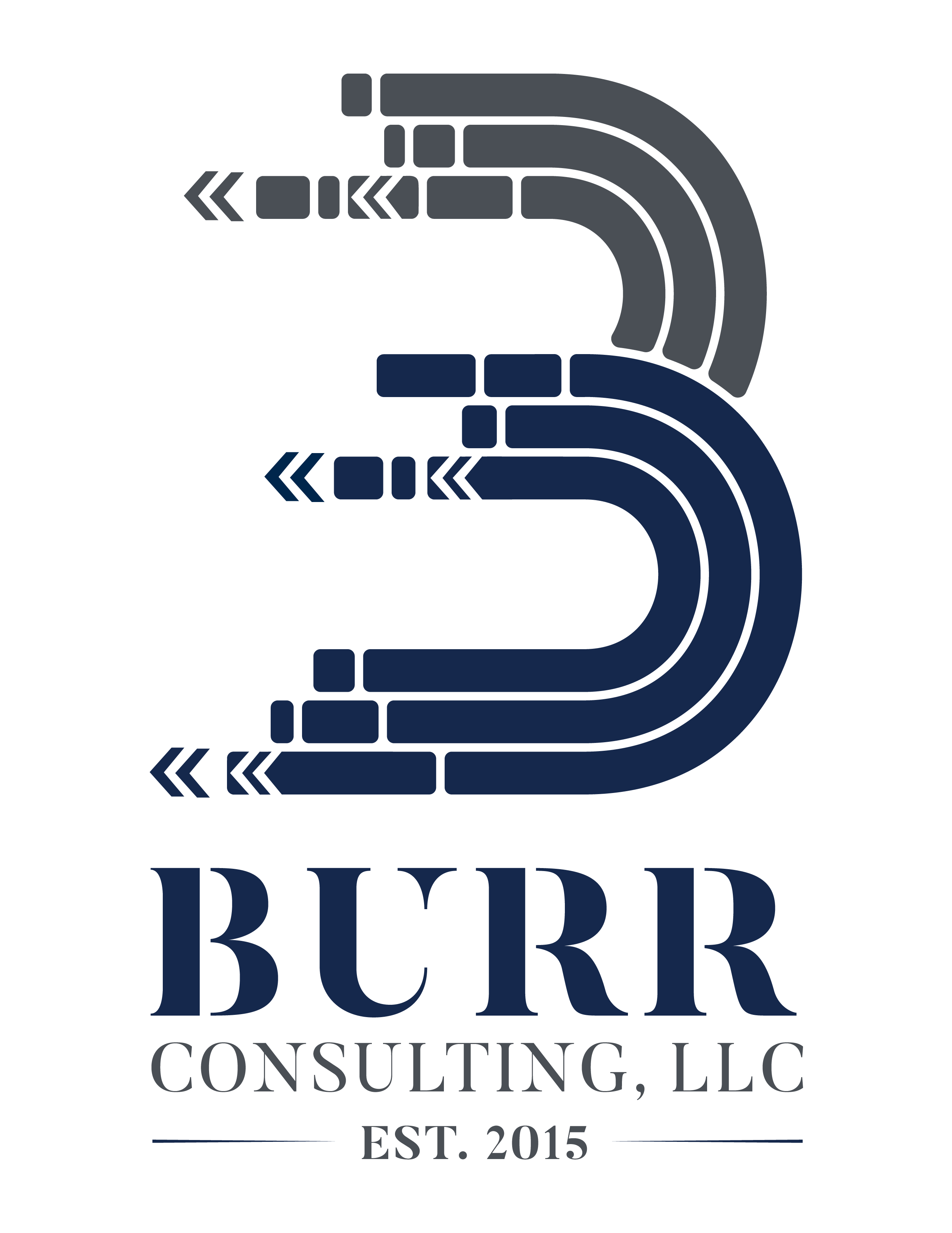Original Post: June 25, 2018
The National Labor Relations Board General Counsel Peter Robb’s released a memo on June 6, 2018 that outlined changes to three major categories of rules found in many of our policies or employee handbooks; rules that are generally lawful, provisions warranting individualized scrutiny and rules that are unlawful. The NLRB will offer far less scrutiny under the Trump administration then we have seen under the Obama administration, in relation to policies and handbooks. These changes include; civility standards, insubordination rules and prohibitions on taking pictures in the workplace, as shown below:
The 17 changes to employee handbooks:
“Lawful civility rules might state, for example:
- Behavior that is rude, condescending or otherwise socially unacceptable is prohibited.
- Disparaging the company’s employees is prohibited.
- Employees may not post any statements, photographs, video or audio that reasonably could be viewed as disparaging to workers.
Rules against defamation or misrepresentation are generally allowed. Examples of such rules are:
- Misrepresenting the company’s products, services or employees is prohibited.
- E-mail messages that are defamatory are prohibited.
- Disorderly conduct on the employer’s premises and/or during working hours for any reason is strictly prohibited.”[i]
Rules that protect confidential, proprietary and customer information are generally lawful under the new rules. No-photography rules and no-recording rules are viewed as generally lawful under the current memo issued in early June 2018.
“Provisions Warranting Individualized Scrutiny
Rules that may be subject to board scrutiny include:
- Broad conflict-of-interest rules.
- Confidentiality rules broadly encompassing “employer business” or “employee information.”
- Rules regarding disparagement or criticism of the employer.
- Policies regulating use of the employer’s name.
- Rules restricting speaking to the media or third parties, as opposed to speaking to the media on the employer’s behalf.
- Policies banning off-duty conduct that might harm the employer.
- Rules against making false or inaccurate statements, as opposed to defamatory statements.
Unlawful Rules
Unlawful rules include confidentiality rules regarding wages, benefits or working conditions.
The following confidentiality rules are unlawful:
- Employees are prohibited from disclosing salaries and contents of employment contracts.
- Workers shall not disclose any information pertaining to the wages, commissions, performance or identity of employees of the employer.
- Employees are prohibited from disclosing to any media source information regarding employment at the employer, the workings and conditions of the employer, or any staff member.”[ii]
Additional unlawful handbook language that can be scrutinized under the new memo is, prohibiting employees from joining outside organizations (example: labor unions) and/or voting on matters concerning the employer. The Society of Human Resource Management suggest that employers revisit handbook language, policies and procedures that might have changed under the Obama administration, this language might have been deemed unlawful. Remember, the key word is generally lawful, that does not mean all language or overreaching policies are lawful. Annually reviewing handbook language is a proactive approach to the major changes we have seen under local, state and federal laws recently. Remember, we all need to revise our handbooks and policies for the upcoming sexual harassment requirements in New York State and additional local laws in New York City (if you have offices there). If you are confused on handbook and policy language, seek guidance. Employee handbooks, policies and procedures are important for all of our organizations and need to be legally compliant, at all levels.
– Matthew Burr, HR Consultant
[i] https://www.shrm.org/resourcesandtools/legal-and-compliance/employment-law/pages/labor-relations-nlrb-general-counsel-memo-employee-handbooks.aspx
[ii] https://www.shrm.org/resourcesandtools/legal-and-compliance/employment-law/pages/labor-relations-nlrb-general-counsel-memo-employee-handbooks.aspx
